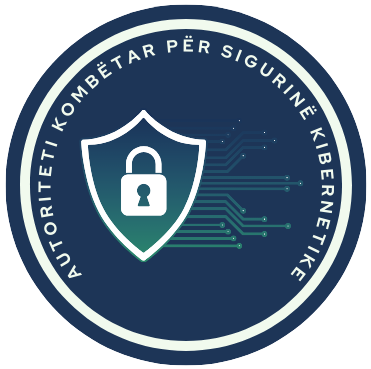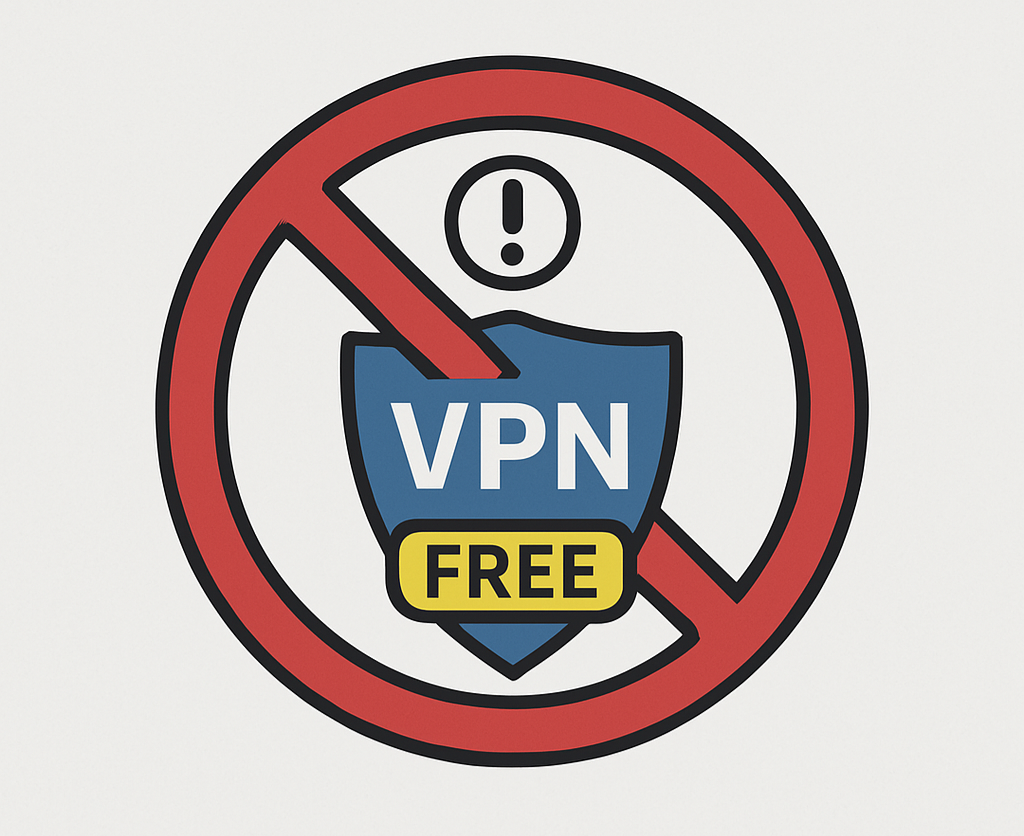In today’s digital reality, where apps and platforms can be restricted for various legal or security reasons, many users are looking for ways to bypass these barriers. The quickest solution for them seems to be a free VPN app.
But what few realize is that while a free VPN can unblock a site, it can open the door to much more: data abuse, secret tracking, and serious personal security risks.
What is a VPN and how does it work?
A VPN (Virtual Private Network) creates an encrypted connection between your device and a server in another country, masking your IP address and your online activity. It is commonly used to increase privacy, access geo-blocked content, and avoid online tracking.
But not all VPNs are created equal. While paid versions often offer high security standards and respect for privacy, many free VPNs operate differently — and often to the detriment of the user.
What makes a free VPN unsafe?
Free VPNs are not charities. They need revenue to operate. And in the absence of user payments, the source of profit becomes the user themselves: you, your data, your movements, your habits.
Here are some of the main risks of free VPNs:
- Collection and sale of personal data – many of them record everything you do online and sell this information to advertising companies or other actors, without your knowledge.
- Lack of true encryption – connections are often not secure, exposing data to eavesdropping and attacks.
- Ad injection and malware – free VPNs can inject unwanted ads into your browser, and in some cases, even viruses that damage your device.
- Unauthorized access to the device – some free VPNs have had documented cases where the user’s device was used to perform illegal actions.
- Trafficking in suspicious servers – data passes through servers that are not monitored or verifiable, often located in countries with weak privacy laws.
- The risk is not only individual — but also collective
When users fall prey to insecure applications, the consequences are not only personal. Their data can be used for larger attacks, for disinformation campaigns, or to create vulnerabilities in broader security systems. In cases where suspicious applications are used massively, the risk can expand to a national level.
What does NCSA recommend?
The National Cybersecurity Authority calls on citizens not to use free VPNs, due to the serious risk they pose to personal security and privacy.
Using free VPNs is an action with consequences. Therefore, we recommend:
- Do not download and install free VPN applications from unknown or unofficial sources.
Most of them do not guarantee protection and use your data for their own benefit. - Do not trust applications that promise free and unlimited access.
“Free” services are often scams aimed at collecting personal data. - Never share personal information to activate a free VPN. Requests to register with an email, phone number, or access to a device are a clear sign of danger.
- Do not use a VPN to bypass restrictions imposed for security or legal reasons. These actions not only compromise your security, but can have wider consequences.
- Do not sacrifice personal security for temporary access. No application or platform is worth more than your data and privacy.
Don’t let a small application open a big door of danger in your digital life.
Free VPNs may seem like a solution, but they compromise security. Instead of protecting privacy, they are often the tools that violate it the most.




